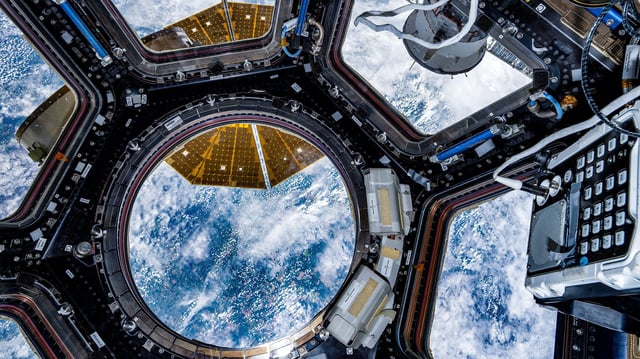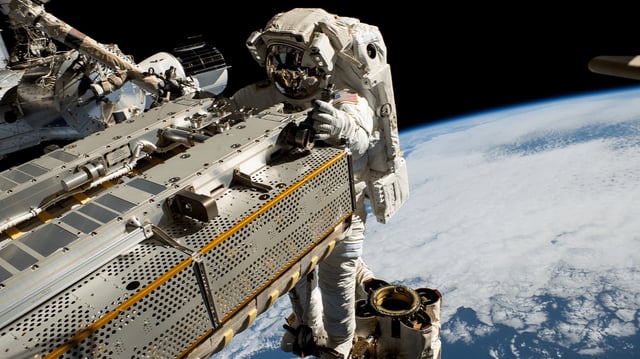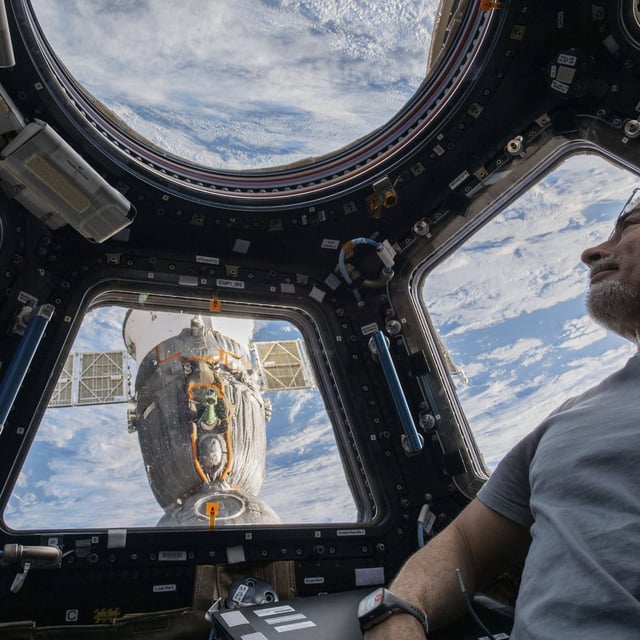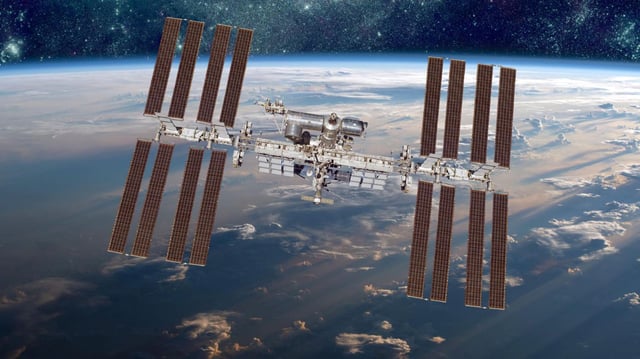Overview
- The ISS has significantly lower microbial diversity compared to Earth environments, with most microbes originating from human skin and lacking soil- and water-associated bacteria.
- Astronauts on the ISS frequently experience immune dysfunction, skin rashes, and inflammatory conditions, which researchers link to the overly sterile environment.
- A study involving 803 surface swabs from the ISS revealed distinct microbial communities in different modules, heavily influenced by human activity and cleaning products.
- Scientists propose introducing beneficial Earth microbes or using probiotic-based cleaning methods to improve astronaut health without compromising hygiene.
- The findings have implications for long-term space missions and could inform strategies for maintaining health in similarly sterile environments on Earth.



